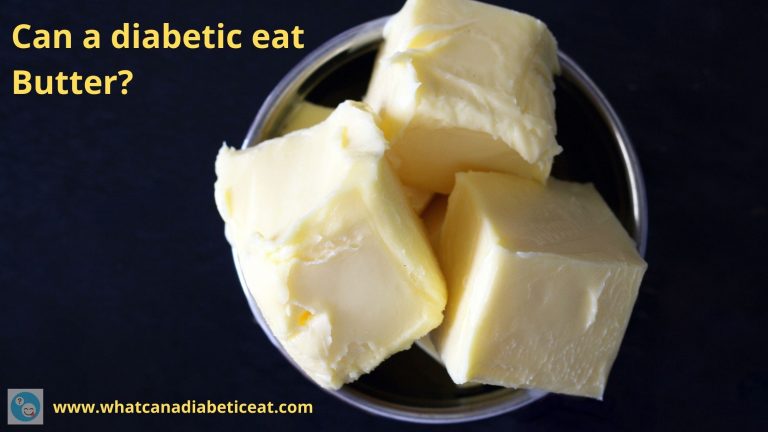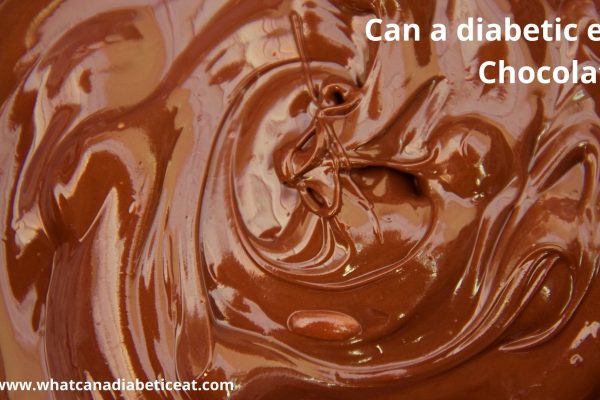Can a diabetic eat Butter?
Yes, a diabetic can eat butter in moderate quantity. Butter is high in saturated fat and calories. Some experts believe fatty dairy prodcuts have direct impact on risk of diabetic complications and heart problems leave alone obesity. It is important to be mindful of the amount of butter a diabetic consumes. Always moderate portion of butter is safe option. It is a good idea to include various heart healthy fats such as nuts, seeds, avocado and olive oil alongside butter.
Is butter high in sugar or carbohydrates?
No, butter is not high in sugar or carbohydrates. The nutritional facts of butter are interesting. Butter is just rich in fat and it has no carbs, sugar or protein. For example, a tablespoon butter gives around 100 calories, 7 gm saturated fat and 4.5 gm unsaturated fat.
Is butter more healthful than sugar for a diabetic?
It is hard to compare butter and sugar and their effect on health. It is tricky when you wonder if there is any sugar in butter vis-à-vis if there is any fat in sugar. Sugar has not fat in it and Butter has no sugar in it.
Given that, some diabetics think butter is completely safe for them to eat because butter has no sugar. They say butter does not cause any blood sugar spikes. Yes, it is true that butter does not cause any blood sugar spikes. However, butter is high in saturated fat and calories. This means butter can add many calories to your diet like sugar does.
So, in summary, one can say a diabetic should watch out for any added sugar in diet. At the same time, a diabetic must keep butter portion size moderate to be safe.
What type of butter can a diabetic eat?
Butter is a common spread for bread or toast. In general, a diabetic must be careful about heart health and hypertension alongside blood sugar levels. Keeping this in mind, a diabetic can eat unsalted butter in moderate quantity. Avoiding butter with added salt will reduce sodium in diet. This in turn helps reduce risk of cardiac complications and hypertension issues.





